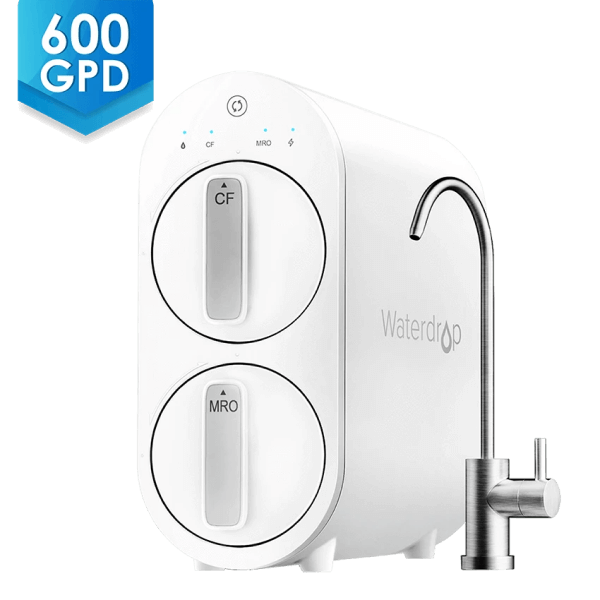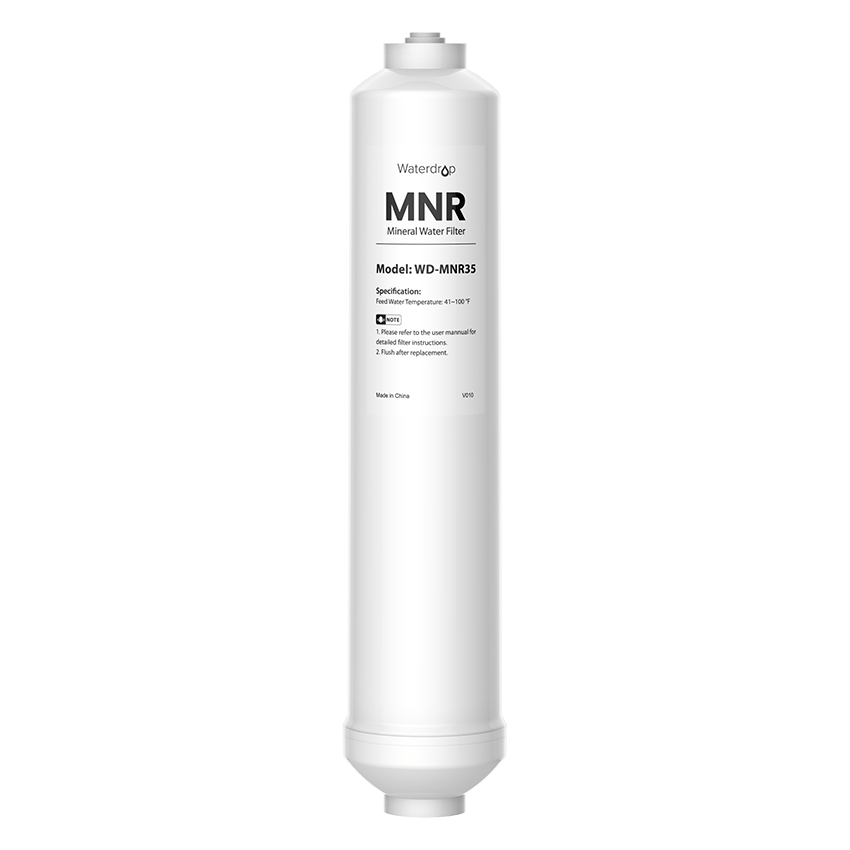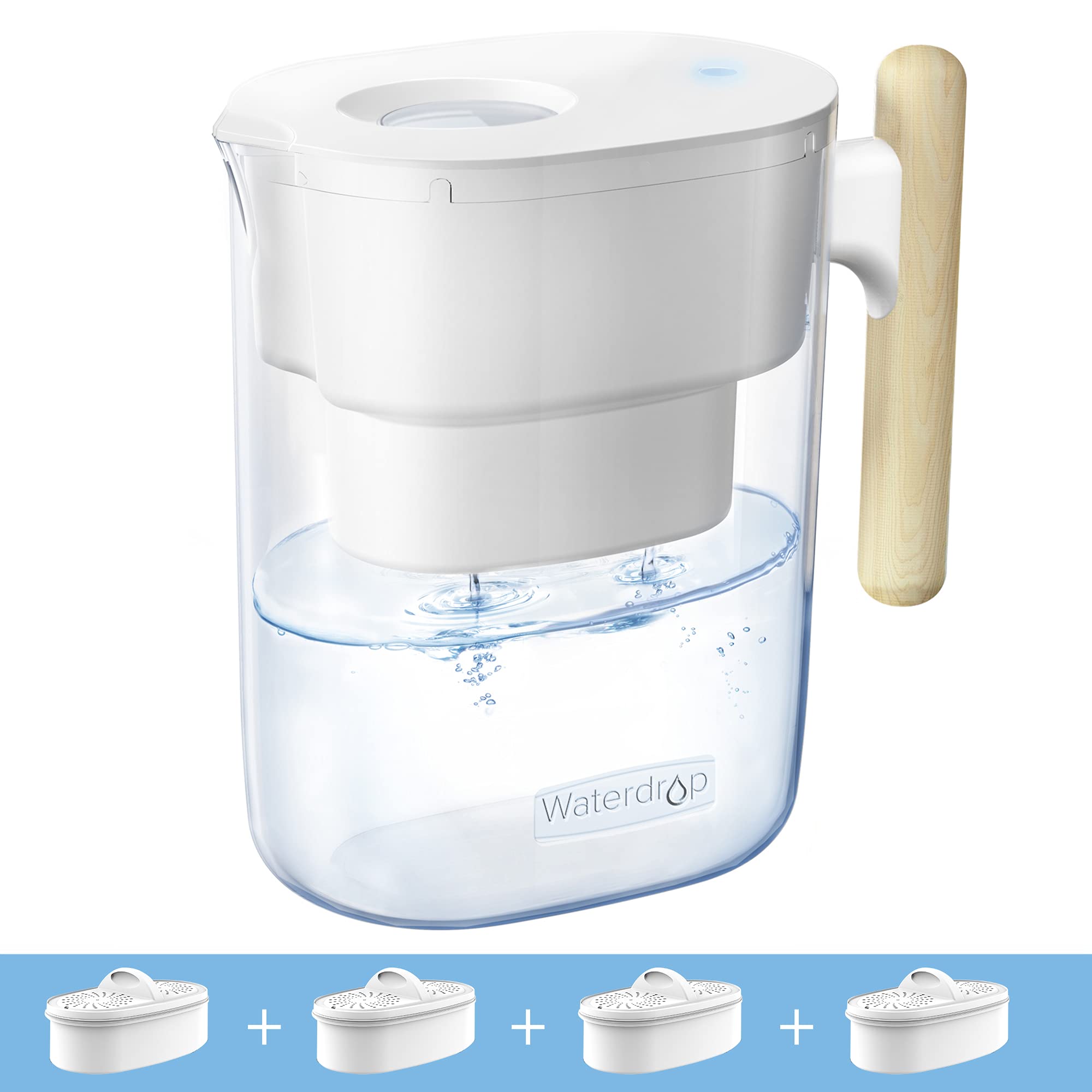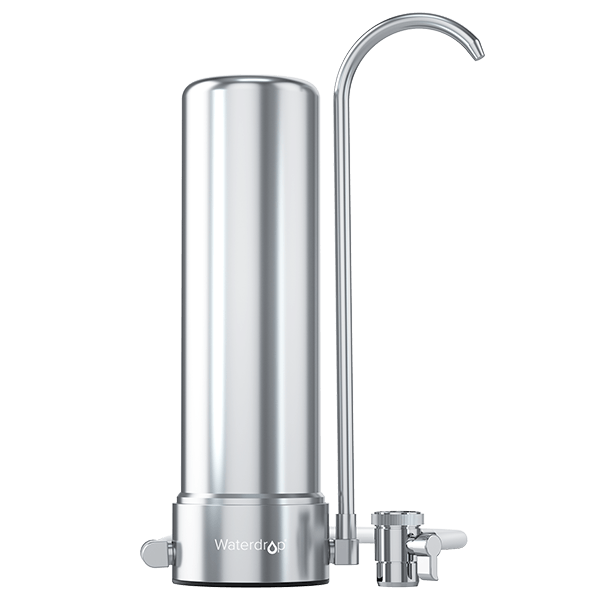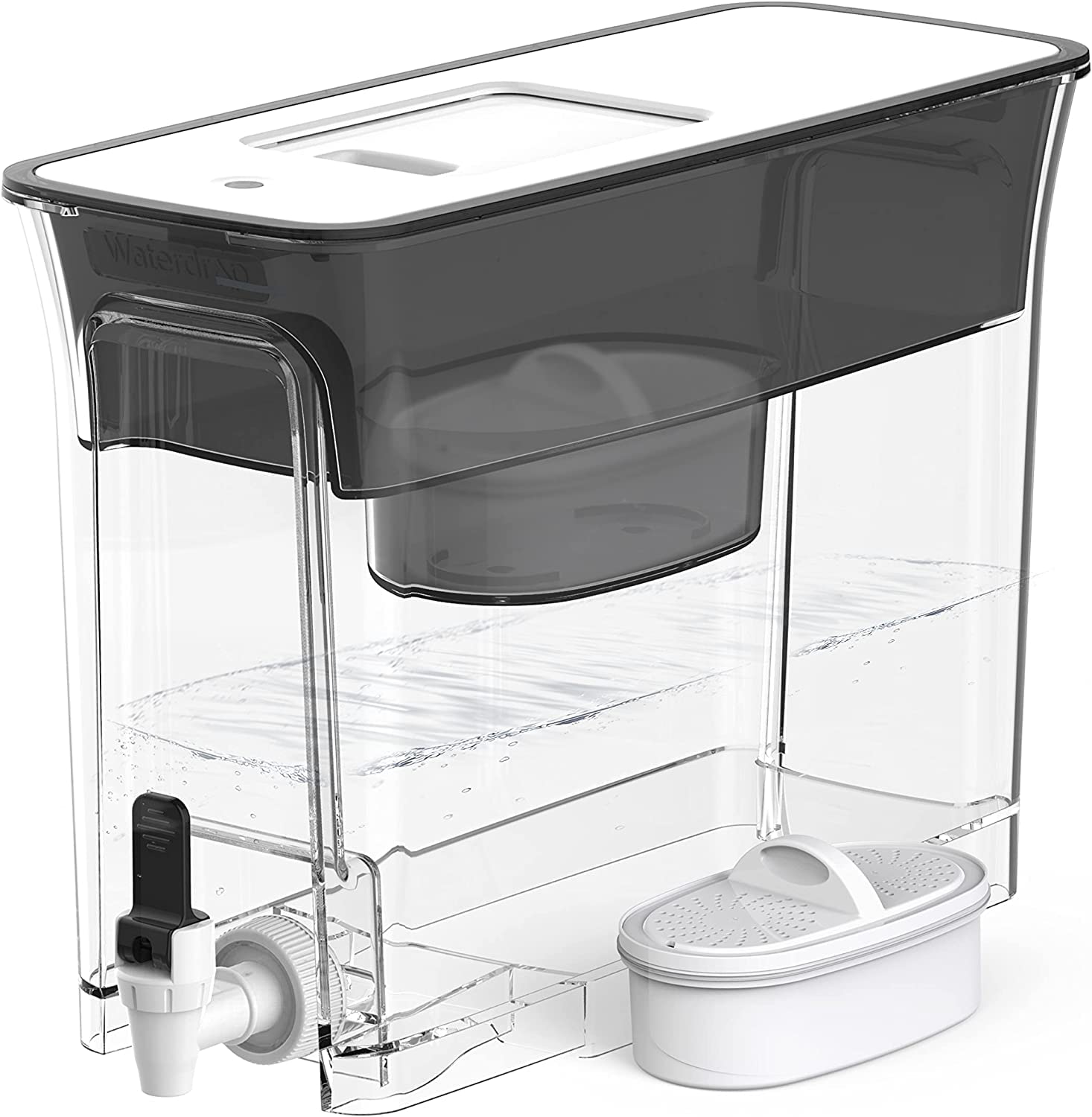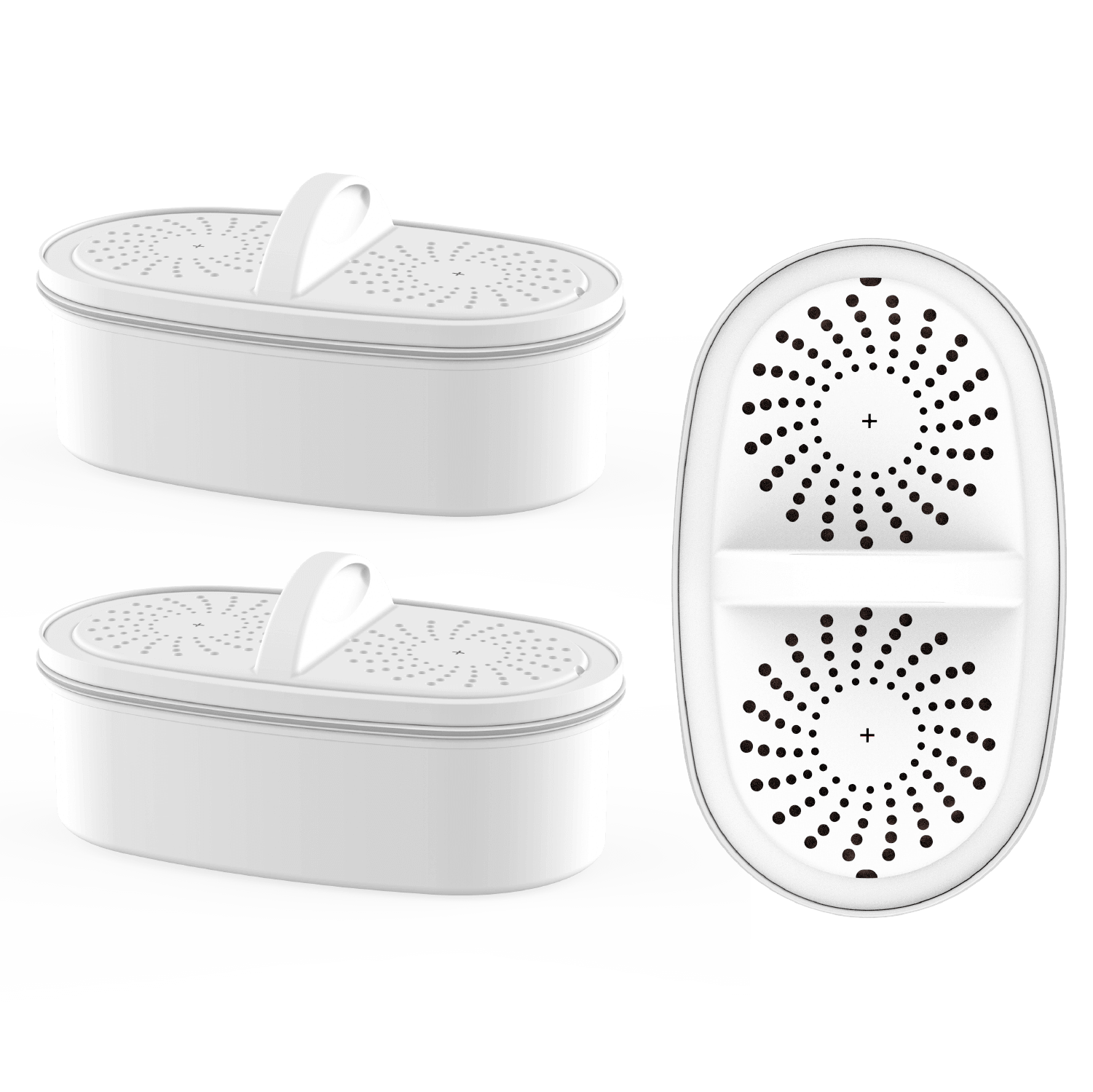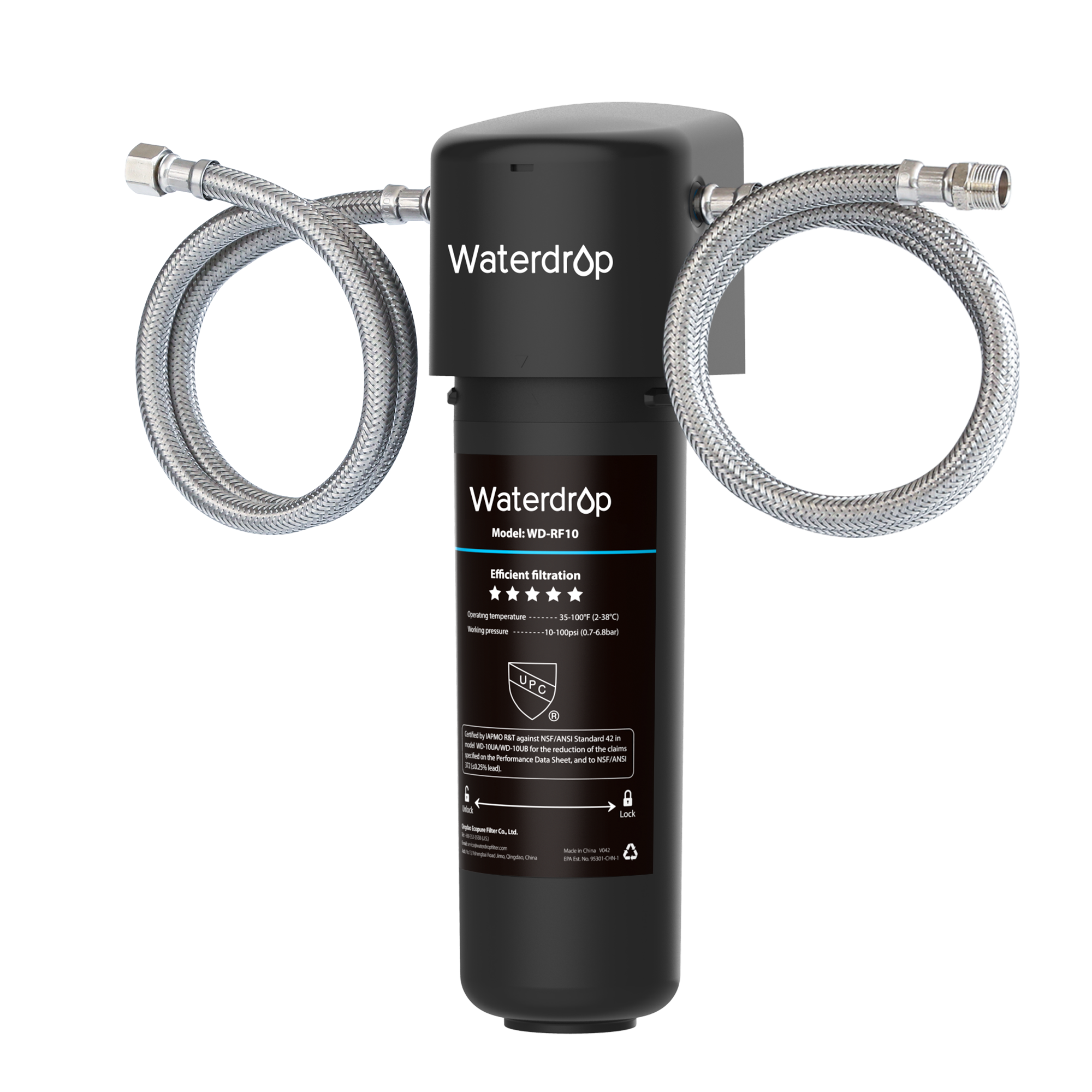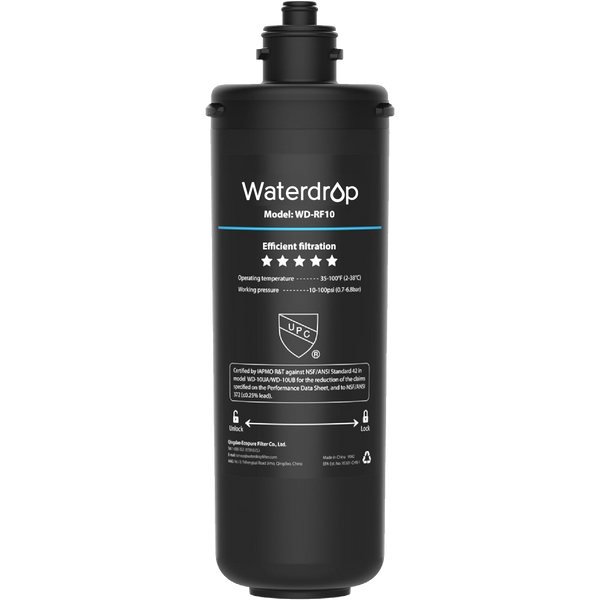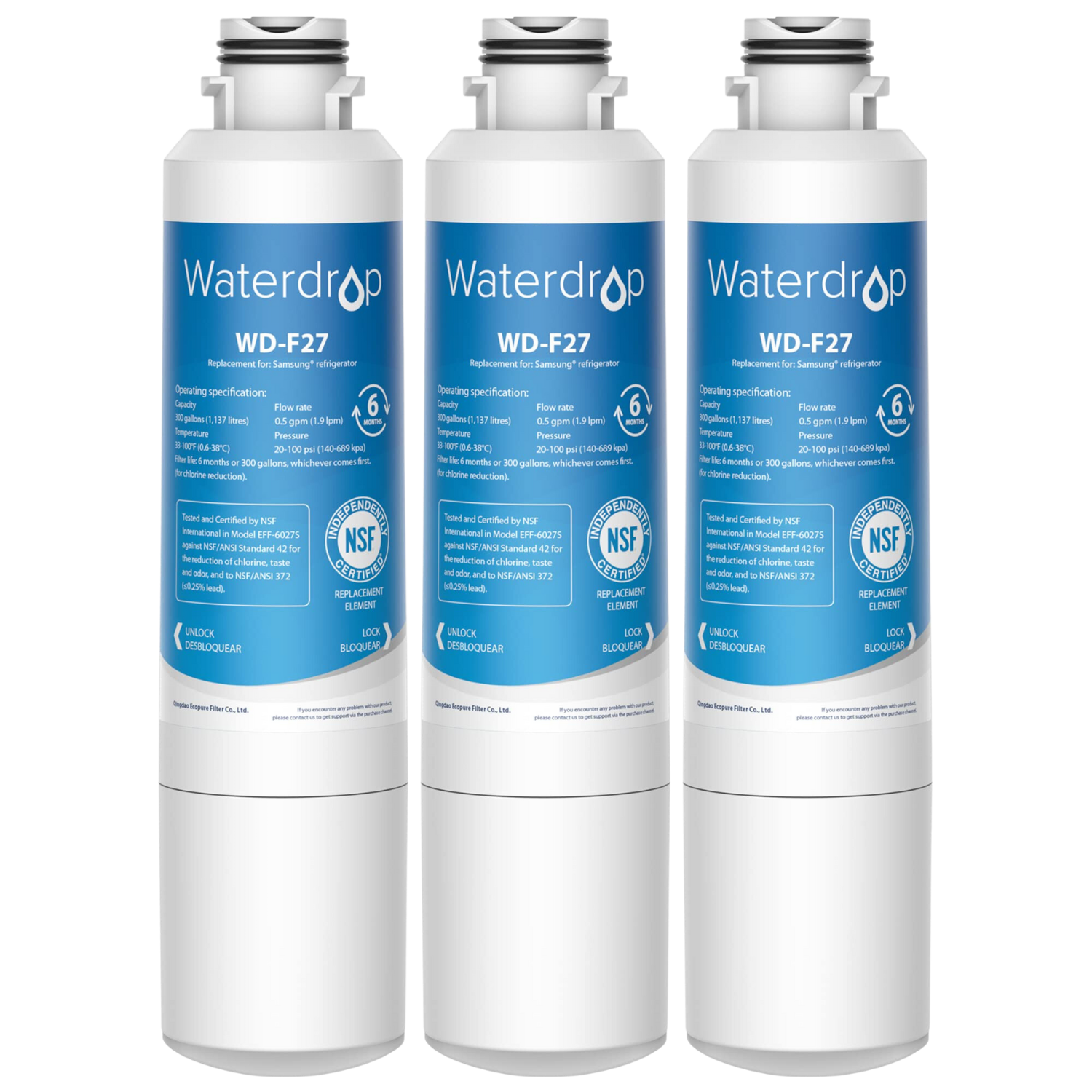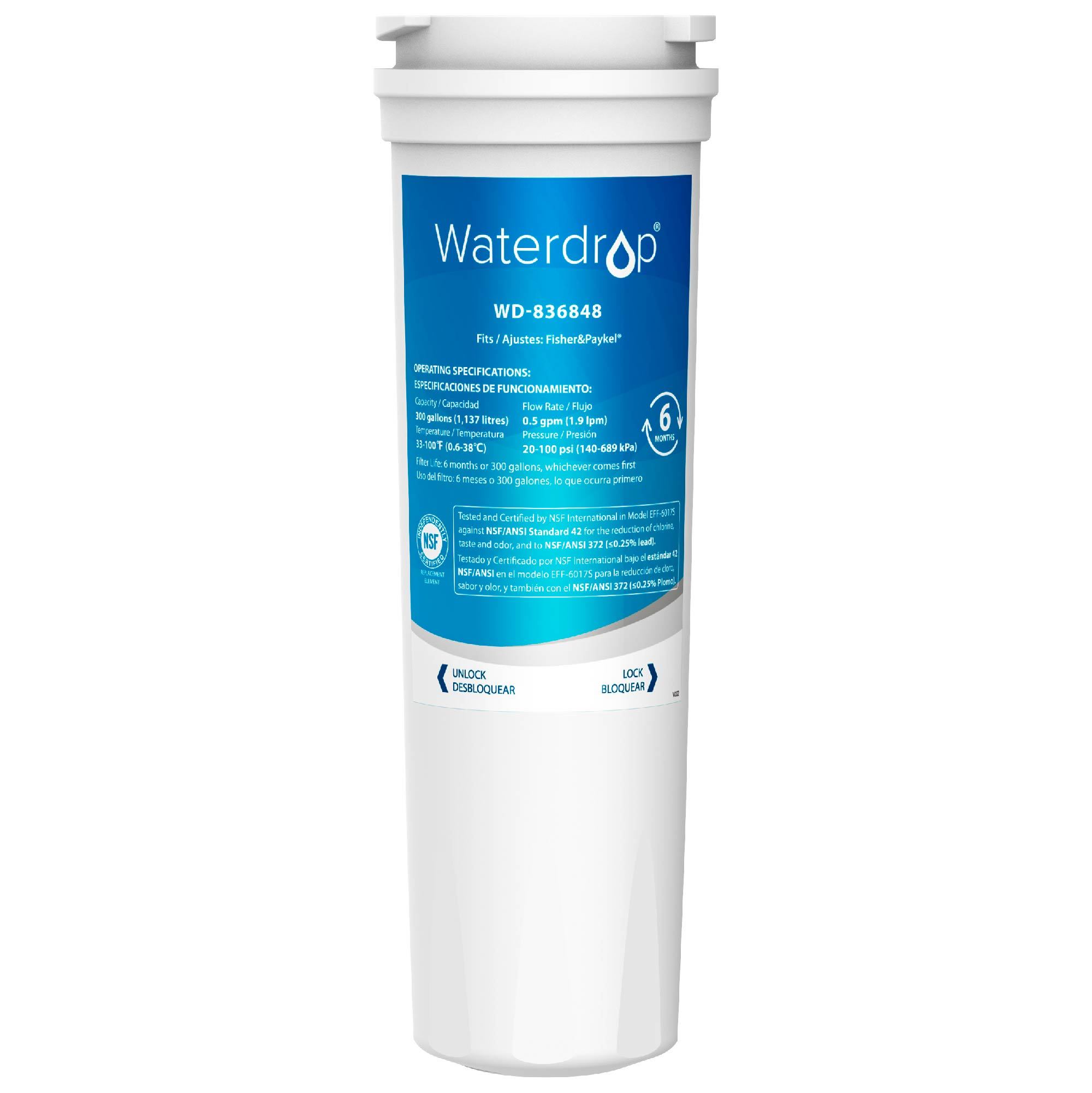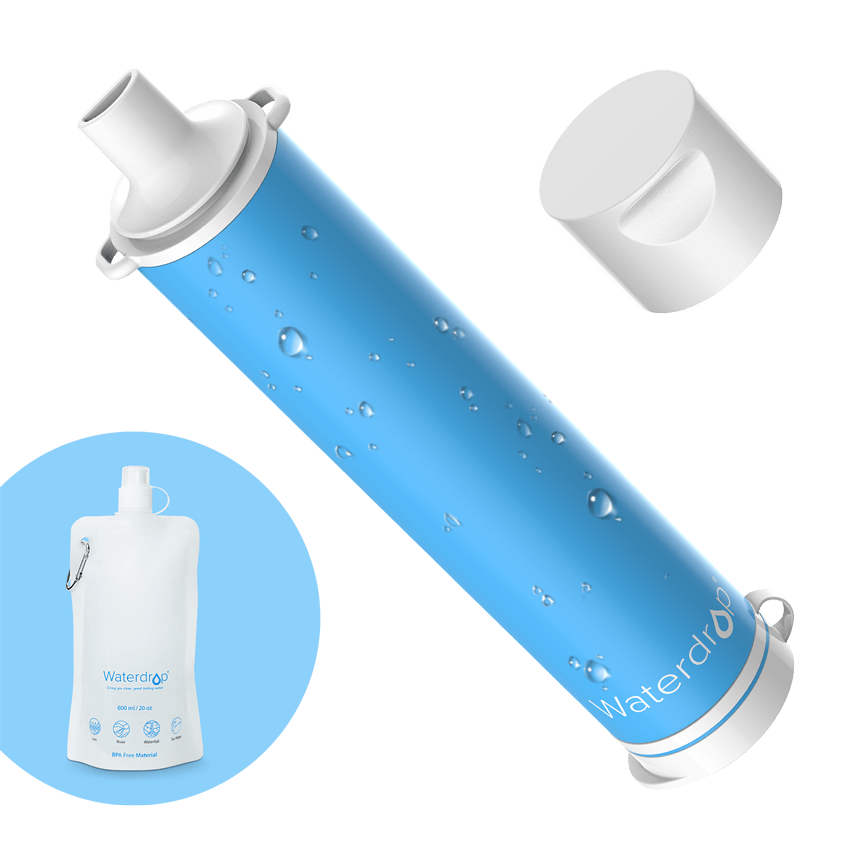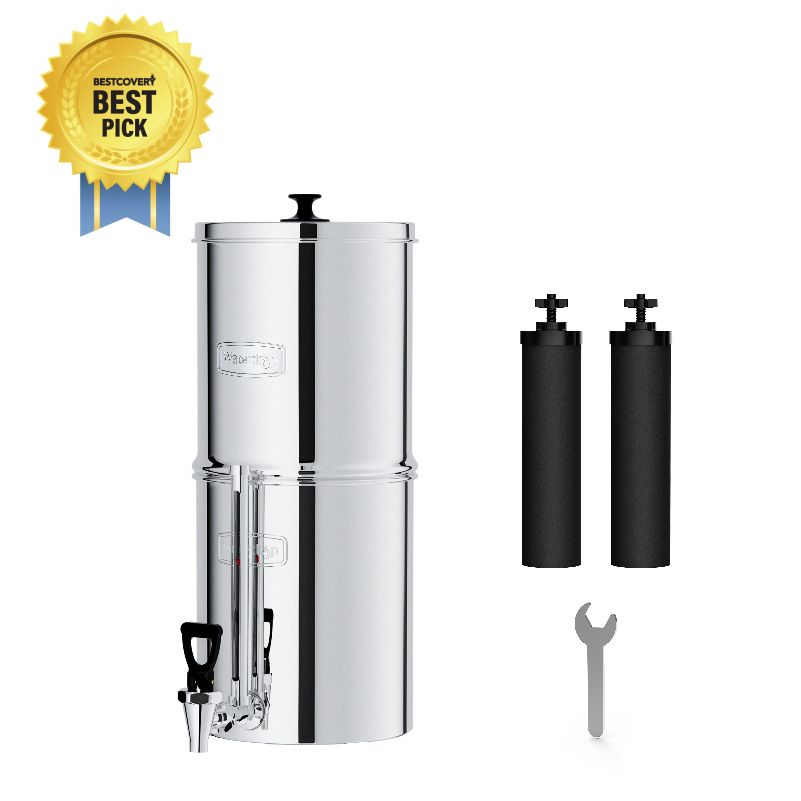Does Water Filtration Remove Minerals?
by Dr. Jonathan Doyle - Updated September 09, 2022
Recently, people have been more concerned with how healthy their drinking water is. They have also gained a deeper understanding of how water filtration impacts carbon neutrality. You can learn more about carbon neutrality here.
It is common knowledge that supplementing mineral elements is essential in maintaining health. Consequently, people with knowledge of water purifiers may want to know if filtered water contains mineral elements. Kindly read along to find out everything about filtered water and mineral elements.
What Type of Water Filtration Removes Minerals from Water?
Only two types of water filtration or purification systems can remove minerals from water. And they are distillation and reverse osmosis. Consequently, a common question among people with reverse osmosis systems in their homes is if drinking RO water is healthy. Check here to learn more if you have the same question: Should You Drink Reverse Osmosis Water?
Activated carbon, ultrafiltration, and reverse osmosis are America's three commonly used filtration methods. Carbon filtration effectively absorbs water contaminants. As water passes through the filter, the water impurities are absorbed by activated carbon, sticking to the filter media's surface. On the other hand, the ultrafiltration water system has a 0.01-micron membrane that intercepts the contaminants. Nevertheless, its filtration is not as accurate as that of the RO membrane.
Reverse osmosis water filtration is the most effective filtration technology. The system is a high-tech water treatment featuring a 0.0001-micron pore size membrane - this membrane intercepts any contaminant larger than its pore size. Consequently, only water particles pass through the membrane.

What Are the Minerals in Tap Water?
Natural erosion of rocks infuses minerals into the water supply. Water erodes rocks. Nevertheless, it still picks up the dissolved minerals as it flows through these rocks. Thus, because the mineral content of tap water depends on minerals in the water supply, water mineral content varies from place to place.
The most common minerals in tap water include bicarbonate, bromide, calcium, chloride, copper, fluoride, iodide, iron, magnesium, manganese, nitrate, and phosphorus. Other minerals include potassium, sulfate, sodium, and zinc. Nevertheless, of all these minerals, the most common in tap water are calcium, magnesium, and sodium.
The EPA sets a limit on the minerals in water, and water purification systems ensure they stay within these limits. Minerals that need to be limited include fluoride, chloride, and nitrates.

What Minerals Does the Human Body Need?
The Department of Human and Health Services establishes guidelines for meeting human nutritional requirements through the Food and Nutrition Board. These guidelines include the recommended dietary intakes for minerals, including calcium, copper, iron, manganese, potassium, sodium, and zinc. Fortunately, these minerals are often present in food.
Unfortunately, these minerals may also be detrimental to human health, especially when consumed in high concentrations. Water filter systems then ensure these minerals or contaminants stay below the recommended levels.
How to Remineralize Reverse Osmosis Water?
Because of its effectiveness, reverse osmosis technology strips even the good minerals from water. That means even while removing toxic water minerals. The technology also removes healthy minerals like calcium and magnesium.
But as long as you eat a balanced diet and replenish your electrolytes after exercising, you should be fine. Nevertheless, Waterdrop provides a solution to the RO drinking water for those unable to supplement micronutrients through diet.
Remineralization Filter for All Series Waterdrop Reverse Osmosis Systems
This filter can be connected to your reverse osmosis system.
Advanced Remineralization Tech
The Waterdrop remineralization filter activates the crystalline mineral structure through the PPC technology. This tech also simulates the mineral spring formation mechanisms, thus activating necessary minerals and guaranteeing product quality.
Adds Abundant Natural Minerals and Microelements
The remineralization filter restores minerals, including calcium, potassium, magnesium, and sodium, by adopting natural minerals. Thus, in the long run, drinking this water prevents chronic diseases, improves digestion and immunity, and slows the aging process.
Benefits of Mineral Water
Bone Enhancer
Mineral water improves bone health and prevents diseases like reducing post-menopausal bone density.
Lowers Bad Cholesterol
Due to its magnesium and potassium content, mineral water lowers harmful cholesterol. Consequently, protecting your heart.
Promotes Digestion
Mineral water has sulfate content that increases amylase secretion from the pancreas, thus improving digestion.
Beautiful Skin
Mineral water has a rich mineral content that delays wrinkles and moisturizes the skin.
Conclusion
The two ways to get pure water are distillation and reverse osmosis. Hopefully, this blog has answered your questions about water remineralization. You can check here to learn more about How to Remineralize Reverse Osmosis Water?


